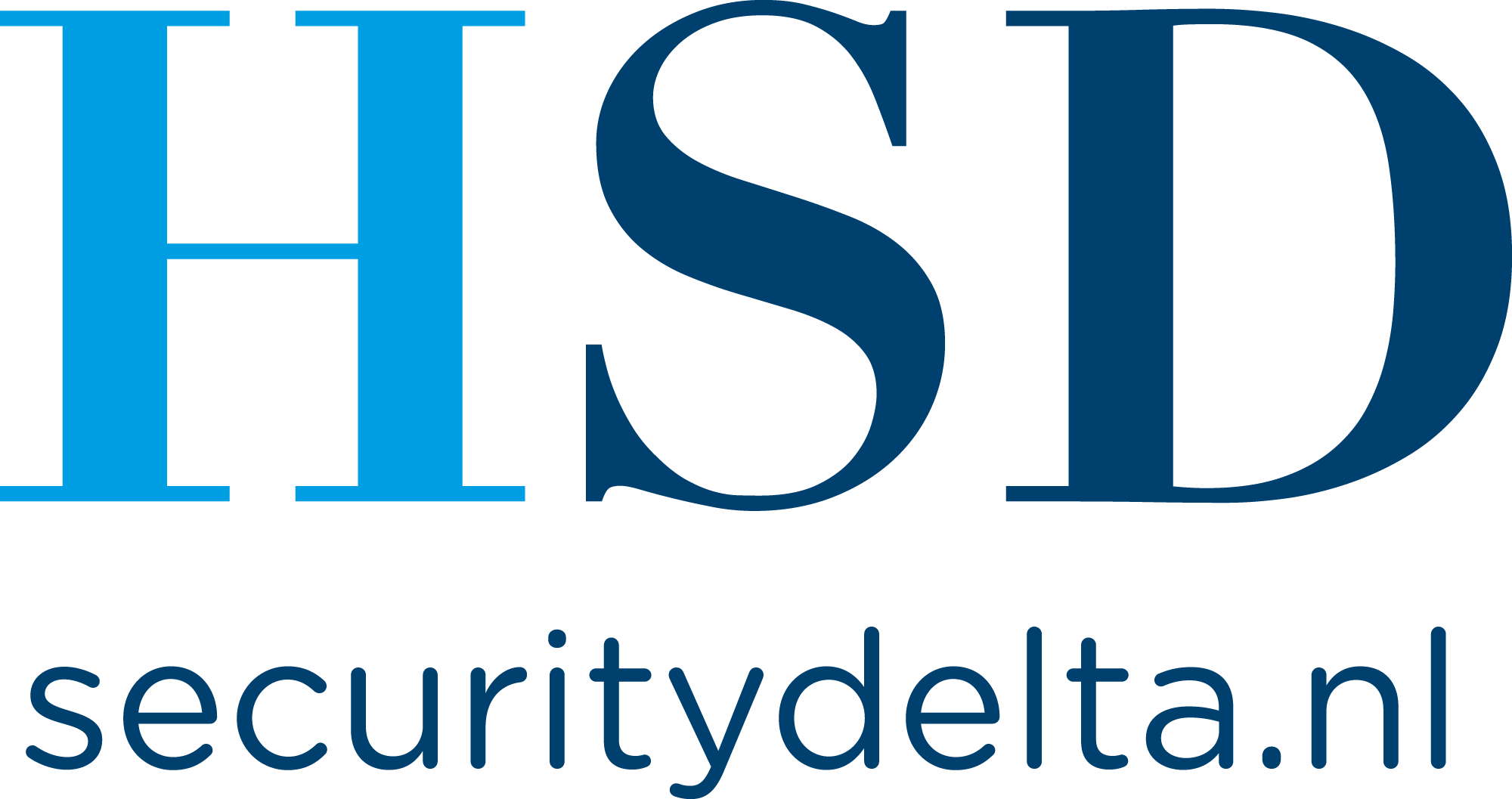Getting insights from data you do not have
DIN 15:30 - 16:00
Zaal 3
Data is often not available to those that would want to use it, whether it is for decision making or model training. Privacy laws, commercial confidentiality and the lack of trust prohibit organizations to share data, externally and internally.
Multi-Party Computation (MPC) is a so called Privacy Enhancing Technology (PET). It changes the paradigm that data needs to be shared to use it for insights, analyses or training purposes. With MPC it is possible to join and analyse data, without sharing and disclosing the underlying records. Only those insights that the data owners agree on, are disclosed, while privacy and confidentiality of the input data is protected. Data is not centralized and remains encrypted at all time, also during analyses (in use). This provides superior data security features and enables strong GDPR compliance.
This is specifically useful when dealing with sensitive data in cross-organizational collaborations. In this presentation we will explain how this technology works and we will show several practical use cases in:
- Healthcare: connecting patient records across organizations to create new insights
- Public sector: facilitating public private collaboration for example in cyber crime
- Financial services: collaboration between banks in anti-money laundering efforts
- Energy: enabling network operators to run analysis on privacy sensitive smart metering data
Roseman Labs is a leader in the practical use of Multi-Party Computation. Their core product, the Virtual Data Lake, makes the use of MPC child's play. Organizations can easily make data available (without sharing it), privacy officers or supervisors can easily review and approve analysis, and data analysts can work in their familiar Python environment to create insights.
Deze presentatie wordt mogelijk gemaakt door Security Delta (HSD)

-
Thema
Analytics
Het is niet nieuw als we zeggen dat ieder bedrijf beschikt over een enorme bulk aan informatie. Om waarde te kunnen creëren aan data dient het proces van ontdekken, interpreteren en communiceren van significante patronen doorlopen te worden. Het zijn de organisaties die erin slagen om gebruikers op diverse niveaus deze data te laten analyseren die hun kansen grijpen. Begrijpelijke analysetools zorgen voor begrip tussen de ene en de andere medewerker, ongeacht het niveau. Maar vermoedelijk nog belangrijker: de juiste analyse leidt tot slimme campagnes en bevlogen medewerkers, zaken die gericht zijn in te zetten voor het behouden van klanten.

